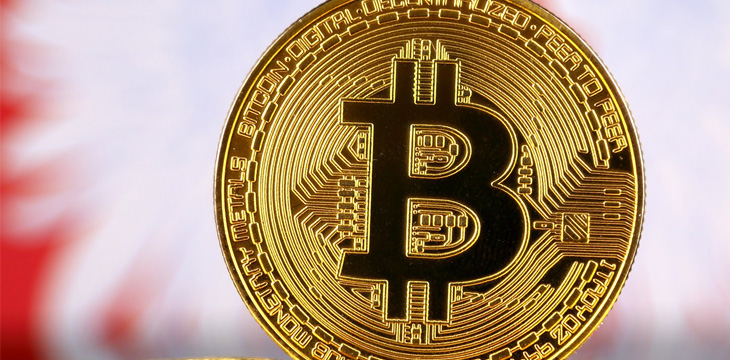|
Getting your Trinity Audio player ready...
|
Yet Poland was one of the first to support Venezuela’s national cryptocurrency.
The Polish Financial Supervision Authority (PFSA) and the Polish central bank, Narodowy Bank Polski (NBP) reportedly spent over 91,000 złoty ($27,100) of taxpayers’ money on a series of smear campaigns to spread FUD against cryptocurrencies. According to a report by Money.pl, the funding went to social media influencers on Youtube and Facebook who were tasked to create content steering users away from cryptocurrencies. Among the paid detractors were Marcin Dubiel, who has almost 940,000 subscribers on Youtube, and Planeta Faktów, which has 1.5 million subscribers.
Both Dubiel’s video titled, “I LOST ALL MY MONEY?!” and Planeta Faktów’s video, “10 differences between money and cryptocurrency that you need to know” gained over 500,000 views since they were published. The videos were reportedly not marked as “paid promotion” and goes against Poland’s own laws.
Google Ireland, Facebook Ireland, and Youtube managing partner Gamellon were also on the payroll, according to Money.pl.
While some financial institutions have instead been trying to join in on the trend (can’t beat them, join them), it’s not surprising that some central banks will maintain their stance of resistance. In fact, the Polish central bank launched a website called “Watch out for cryptocurrencies,” with the domain uwazajnakryptowaluty.pl which was evident in Dubiel’s video hashtag, #uważajnakryptowaluty.
After all, why would they promote an industry that is built to replace them, an industry that is threatening to and can successfully render them obsolete? But what’s baffling is that Poland has been one of the first to support Venezuela’s desperate and questionable leap to a national cryptocurrency in a bid to haul the country out of poverty, agreeing to trade food and medicine in exchange for tokens.
As legislation worldwide moves in hoping to tame the still-wild world of blockchains and cryptocurrencies, it’s clear to see that governments see the advantages and potential of the technology. But it’s hard not to speculate that each territory has its own business agenda behind propaganda. Recently, China has been purging cryptocurrencies out of the country through their Great Firewall, all the while working on their own cryptocurrency. It’s not farfetched to assume allegiances forming between governments and central banks to wipe out potential competition early on.

 02-23-2026
02-23-2026 




